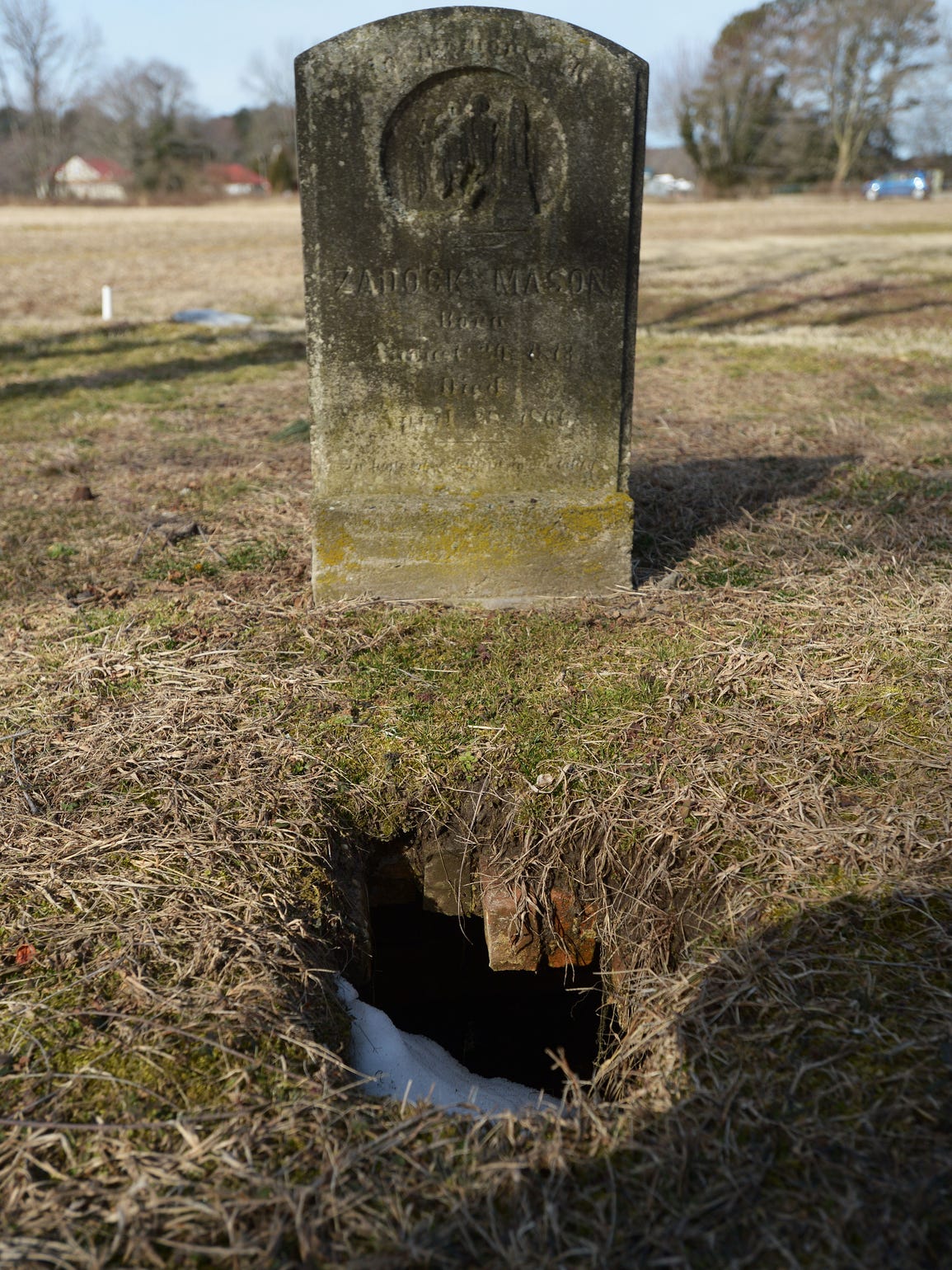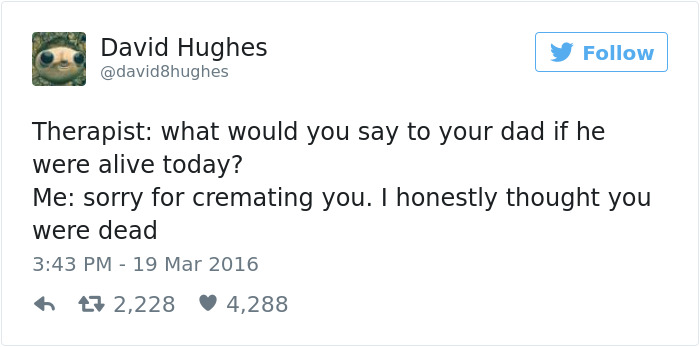Do you plan to have your remains buried or cremated?
As a pastor, the trend toward cremation is clear. The founding pastor of our church was cremated, my sister’s remains were cremated. Cremation seems to be fast approaching the 50% mark.
Have you thought about how you want your remains handled?
All of us, of course, prefer Rapture. The assumption in this question is that we will see the undertaker before we see the upper-taker, but that we cannot know!
If you are going to be cremated, do you want your remains to be buried, either in a cemetery or some other property? Of do you prefer your ashes in an urn and a cemetery, or in an urn/container that your family keeps? Or are you going to do a more traditional burial? Or are you undecided?
Poll Results
Do you plan to have your remains buried or cremated?
My wish is for my remains to be buried without being cremated. Votes: 20
My wish is for my remains to be cremated and then buried (cemetery or other) or above ground in a cemetery. Votes: 0
My wish is for my remains to be cremated and not buried. Votes: 0
I am undecided. Votes: 6
Other Votes: 2
- 31 views
Just thought I’d point this out:
A middling approach to burial:
- burial without embalming
- Basically a “no viewing” approach
- Can save some Shekels
I am going burial. Rod Decker’s work on cremation vs. burial didn’t fully convince me but at least made me lean towards burial.
[josh p]I am going burial. Rod Decker’s work on cremation vs. burial didn’t fully convince me but at least made me lean towards burial.
Here: http://ntresources.com/blog/documents/CremationLecturesHO5.pdf
Donation to a medical school or to research facilities like University of Tennessee-Knoxville Forensic Anthropology Center’s “body farm”. Wayne State University’s biomedical engineering lab uses human cadavers as crash test dummies. Since my teen dream was to be a medical examiner, whole body donation is my first choice.
Hey it’s Friday!

http://www.effs.eu/cms/fileadmin/members_only/documents/news_articles/C…
Eg? % cremations:
- Japan = 99.97% (land is at a premium)
- Hong Kong = 90.23% (where they create land and it’s not for cemeteries!)
- Switzerland = 87.45% (The Hills are Alive with few cemeteries)
- UAE = 1.25% (plenty of land … desert)
http://www.livingincrete.net/bereavement2.html
There are a shortage of graves and if there is no family grave nearby then relatives of the deceased will rent one at the local cemetery, usually for 3 to 5 years. After this time the grave is opened and the bones removed by family members, washed in wine and then transported either to a family grave where other relatives lay (which may be miles away from where they died and were buried – e.g. Athens or another island), or they are kept in a special vault at the church; an ossuary or ‘osteofilakio’.
http://www.bbc.com/news/magazine-34920068
Cemeteries in Greek cities are so overcrowded that bodies are often only kept in the ground for three years. Then families have to pay for exhumation - and for the bones to be kept in a building known as an ossuary. But many cannot afford to pay even for this limited degree of dignity in death.
Katerina Kitsiou stands weeping by her father’s grave in Thessaloniki’s main cemetery. She has come to watch as her father Christodoulos is exhumed.
He was buried seven years ago, but his children cannot pay for his grave any longer.
“We paid for an extra four years to keep him there but we cannot afford it any more,” says Katerina.
It’s clear that for her the occasion is deeply upsetting.
“It’s your beloved. You imagine him like a person and then you see only the bones. It’s like a second funeral.”
https://oca.org/questions/deathfunerals/cremation
Question
Can you tell me if the Orthodox Church allows cremation?
Answer
According to Byzantine Canon Law, cremation is not permitted. Sources state that the original ban arose out of consideration for the fact that within pagan and possibly gnostic circles cremation was commonly practiced. There was also the implication that through cremation the value of physical creation, and specifically the human body, was denied. [The Church has always stood squarely against dualism.]
Of course, we read in the accounts of the early martyrs that the faithful treated the martyrs’ bodies with the utmost respect as they were taken for burial—an early indication that the common Roman pagan practice was shunned by Christians.
Today there are those who would propose that the practice of cremation be explored anew, in light of the fact that the practice’s association with paganism or gnosticism is no longer a reality. Proponents of this line of thinking may also assert that cremation is a less expensive way to dispose of the body than the increasingly expensive—and often non-Christian—burial practices common in many cultures and societies, such as in the United States. However, the vast majority of Orthodox would contend that cremation for whatever reason, and regardless of its detachment from pagan thought or ritual, in every instance denies the value of the human body and of material creation in general. Hence, it is to be avoided as an option.
I have some exhumation stories from my time working at a funeral home. While embalming often does an excellent job of preservation, ashes were preferable to some of what I saw.
Cremation: Think outside the box!
"Some things are of that nature as to make one's fancy chuckle, while his heart doth ache." John Bunyan
I think we need to be careful about rigid dogmatism:
First, my preference is burial:
- My grandparents were buried
- My parents were buried
- All that I know of my ancestors, all were buried:
- Mayflower ancestors = William White was buried, Stephen Hopkins was buried
- John Peat was buried
- Plus the Peet Burying ground
- Good enough for them … good enough for me!
- Plus I can afford a burial
Why avoid dogmatism:
- Cremation was common in Paul’s Roman world. Yet, while he must of been familiar with the practice, he did not address it all
- It strikes me that encumbering Gospel outreach with funerary dictates would hinder the Gospel (see Japan above)
- Much of “what we do” is recent:
- Cemeteries (outside of town) replaced graveyards because decaying bodies stank!
- Modern embalming is recent (Civil war era)
- Vaults became a requirement because old time graves collapsed. Visit a pioneer cemetery to understand the phenomenon.

- The cost difference between cremation and traditional burial can be significant. In the OT God had a provision for the poor with regard to sacrifices.
- I know of few churches that even address the issue of cremation in their documents (say a doctrinal statement). Thus I conclude that it is a tertiary issue at best. And if it is wrong - what would church discipline look like?
…From the stars we are born, to the stars we will return…
Leaving Earth to touch the cosmos is an experience few have ever known, but many have often dreamed of. Celestis makes it possible to honor the dream and memory of your departed loved one by launching a symbolic portion of cremated remains into Earth orbit, onto the lunar surface or into deep space. Missions into space that return the cremated remains to Earth are also available.
Prices are for 1 gram = 0.035274 oz [Ashes of adults can be said to weigh from 4 pounds (1.8 kg) to 6 pounds (2.7 kg), but the first figure is roughly the figure for women, and the second, for men.(source = Google]
It looks like I’ll have a closed casket funeral with burial at the local VA (Sacramento Valley) cemetery. Sac Valley has brass markers not head stones.
Hoping to shed more light than heat..
Epistle to the Romans:
I write to all the Churches, and impress on them all, that I shall willingly die for God, unless ye hinder me. I beseech of you not to show an unseasonable good-will towards me. Suffer me to become food for the wild beasts, through whose instrumentality it will be granted me to attain to God. I am the wheat of God, and am ground by the teeth of the wild beasts, that I may be found the pure bread of God. Rather entice the wild beasts, that they may become my tomb, and may leave nothing of my body; so that when I have fallen asleep [in death] , I may not be found troublesome to any one. Then shall I be a true disciple of Jesus Christ, when the world shall not see so much as my body.
(Boldface added). Having enough of his body left to bury did not seem of particular concern to Ignatius.
I would prefer, however, to leave enough of my body for burial.
Appreciate your strong sense of family history, Jim. Genealogies are an important part of God’s Word, and His promise is to you and to your children.
Be careful to obey all these words that I command you, that it may go well with you and with your children after you forever, when you do what is good and right in the sight of the LORD your God.
(Deut. 12:28)(ESV).
JSB
Thanks for pointing this out. A very noble option, and I did not think of it when I prepared the survey. Duh! Oh, well, I guess that’s what “other” is for!
"The Midrash Detective"
My wife and I don’t particularly care what happens to our bodies. We’ve both agreed that our children should do whatever is cheapest. We really just don’t care. We’ll have new and improved bodies in eternity anyway, so we really don’t care what happens to them in the interim. Perhaps we’re unusually flippant about this, but we just don’t care. Should we?
Tyler is a pastor in Olympia, WA and works in State government.

There are different ways to deal with remains.
Don't be a great pastor, just be a pastor and let history judge for itself.







Discussion